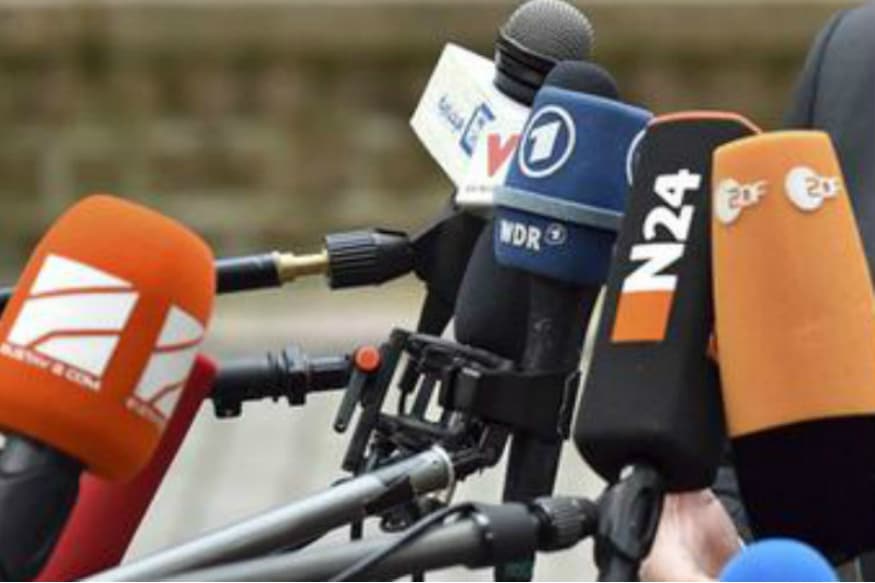At the core of UNESCO’s mandate is freedom of the press and freedom of expression. UNESCO believes that these freedoms allow for mutual understanding to build sustainable peace.

Representative image.
World Press Freedom Day | Each year, May 3 is celebrated as World Press Freedom Day. Started by the UN General Assembly in 1993, on a recommendation from UNESCO, the day is used to celebrate the fundamental principles of press freedom, assess its state around the world, defend the media from attacks on their independence and to pay tribute to journalists who have laid down their lives in the exercise of their profession.
The theme for this year’s World Press Freedom Day is “Media for Democracy: Journalism and Elections in Times of Disinformation” and it discusses current challenges faced by media in elections, along with the media’s potential in supporting peace and reconciliation processes.
At the core of UNESCO’s mandate is freedom of the press and freedom of expression. UNESCO believes that these freedoms allow for mutual understanding to build sustainable peace.
Consequentially, the concept note for the celebration states, “Today, the contribution of free, pluralistic, independent and safe journalism to democracy is under unprecedented stress. Also, election outcomes and their aftermath are critically affected by political discourse and communications, including the role of the media in relation to the polling process.”
The note, as published on the UN website, further reads, “Many societies have falling trust in established political parties and in news outlets themselves. This is often accompanied by a polarizing political discourse that threatens peaceful elections as well as press freedom.”
The concept aligns with the UN’s Sustainable Development Goal where freedom of expression and safety of journalists are protected; the media can play a vital role in preventing conflict and in supporting peaceful democratic processes.
And the threat is real. According to a report published by the International Federation of Journalists, 18 journalists have already been killed in 2019.
Subsequently, Audrey Azoulay, Director-General of UNESCO, on the occasion of World Press Freedom Day has said, “Press freedom is the cornerstone of democratic societies. All States, all nations, are strengthened by information, debate and the exchange of opinions. At a time of growing discourse of mistrust and delegitimization of the press and journalism, it is essential that we guarantee freedom of opinion through the free exchange of ideas and information based on factual truths. The theme of this 26th celebration is “media for democracy: journalism and elections in times of disinformation”.”
The 26th celebration of World Press Freedom Day is jointly organized by UNESCO, the African Union Commission and the Government of the Federal Democratic Republic of Ethiopia.


